The EDIHOSP European eInvoicing project, whose members include research staff from Campus Gandia of the Universitat Politècnica de València (UPV), has succeeded in its aim of implementing the European eInvoicing standard, through the Edicom Platform B2B, in a total of 16 hospitals in Portugal and Hungary. Therefore, these centers are already complying with the directive that establishes the obligation of the member states to accept and generate electronic invoices.
This implementation has taken into account the specific national and local context of each hospital, integrating the electronic invoice in the Enterprise Resource Planning systems and using the PEPPOL network (Pan-European Public Procurement Online) as the main Access Point to communicate with others to exchange the electronic invoices. This platform is a set of artifacts and specifications that enable cross-border electronic exchange of documents between different European countries.
Consequently, the EDIHOSP consortium hospitals can now receive and process compatible electronic invoices, an action that will improve cross-border interoperability, as well as the standardization of public procurement processes in Europe.
Taking part in this project – coordinated by EDICOM and co-financed by the European Commission through the CEF Telecom eInvoicing 2018 call – is the UPV, the company ASSECO Central Europe (dedicated to the development of enterprise solutions for information and communications technologies for businesses), the SPMS Agency, the National Health Service of the Ministry of Health of Portugal, and a total of 16 Hungarian and Portuguese hospitals.

UPV TEAM
The UPV team for this project is made up of expert staff from the Vera Campus (Lourdes Canós, Teresa Magal, Ana Gimeno, Rafael Seiz) and the Gandia Campus (José Luis Giménez , Rebeca Díez , Cristina Santandreu).
Specifically, the work of the UPV researchers has focused “on monitoring the tasks to raise awareness on the need to create a common space for the exchange of electronic invoices, encoded under common European standards, that enable interoperability between healthcare facilities,” according to Teresa Magal.
“For many public and private health institutions,” Magal continues, “this project will offer important future projection aimed at streamlining and improving electronic invoices under the European directive, a need that has been accelerated by the pandemic and for which International coordination is essential for overall governance.”
“EDIHOSP will allow us, for example, to improve and streamline the internal management of the purchase of medical supplies and medicines at the European level, electronic billing related to priority health services at the community level, or the exchange of paperless digitized tax information between European countries,” she concludes.
This project provides continuity to other electronic invoicing projects such as GOVEIN, GOV2EU and HOSP & INVOICE, carried out in other member countries of the European Union and co-financed by the Connecting Europe Facility program.
Source: Carlos Ayats Pérez
Office of Communications at the Universitat Politècnica de València

